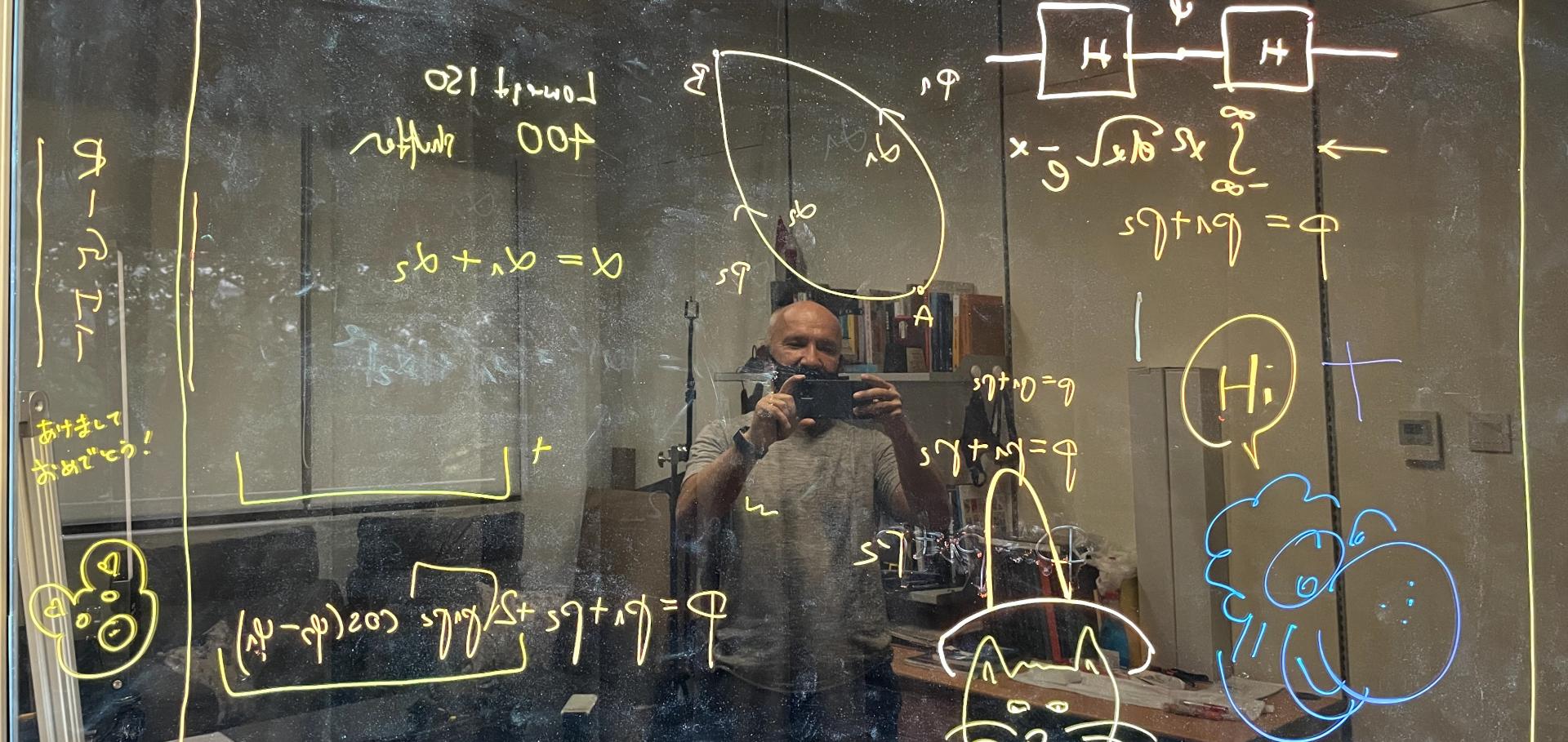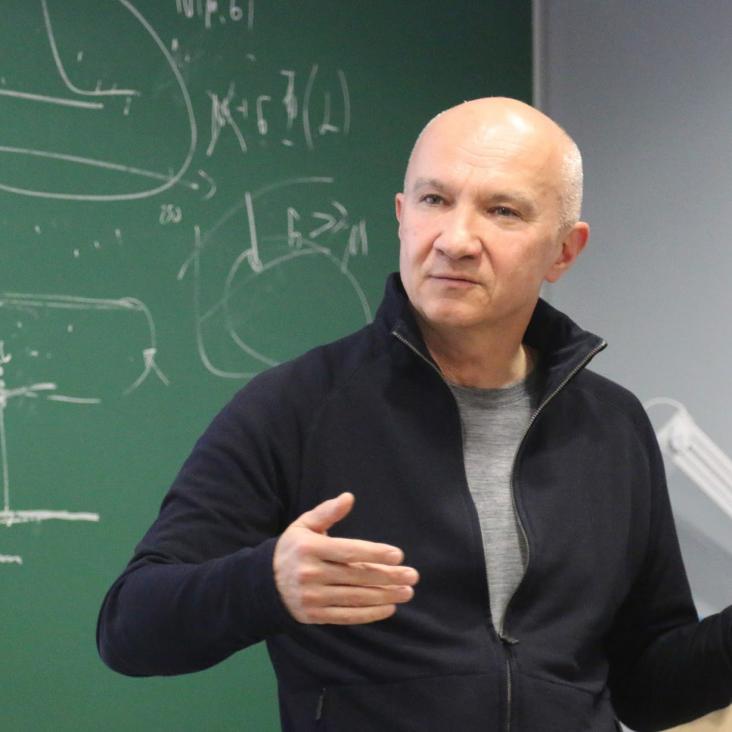Geometric quantum computation using nuclear magnetic resonance.
Nature 403:6772 (2000) 869-871
Abstract:
A significant development in computing has been the discovery that the computational power of quantum computers exceeds that of Turing machines. Central to the experimental realization of quantum information processing is the construction of fault-tolerant quantum logic gates. Their operation requires conditional quantum dynamics, in which one sub-system undergoes a coherent evolution that depends on the quantum state of another sub-system; in particular, the evolving sub-system may acquire a conditional phase shift. Although conventionally dynamic in origin, phase shifts can also be geometric. Conditional geometric (or 'Berry') phases depend only on the geometry of the path executed, and are therefore resilient to certain types of errors; this suggests the possibility of an intrinsically fault-tolerant way of performing quantum gate operations. Nuclear magnetic resonance techniques have already been used to demonstrate both simple quantum information processing and geometric phase shifts. Here we combine these ideas by performing a nuclear magnetic resonance experiment in which a conditional Berry phase is implemented, demonstrating a controlled phase shift gate.Coded secrets cracked open
Physics World IOP Publishing 13:2 (2000) 39-40
Quantum-enhanced information processing
Philosophical Transactions of the Royal Society A: Mathematical, Physical and Engineering Sciences 358:1765 (2000) 261-279
Abstract:
Information is stored, transmitted and processed always by physical means. Thus the concept of information and computation can be properly formulated only in the context of a physical theory and the study of information processing requires experimentation. It is clear that if computers are to become much smaller in the future, their description must be given by quantum mechanics. Somewhat more surprising is the fact that quantum information processing can be qualitatively different and much more powerful than its classical analogue. In the following we will explain why.Concepts of Quantum Computation
Chapter in The Physics of Quantum Information, Springer Nature (2000) 93-132
Decoherence and Quantum Error Correction
Chapter in The Physics of Quantum Information, Springer Nature (2000) 221-259


